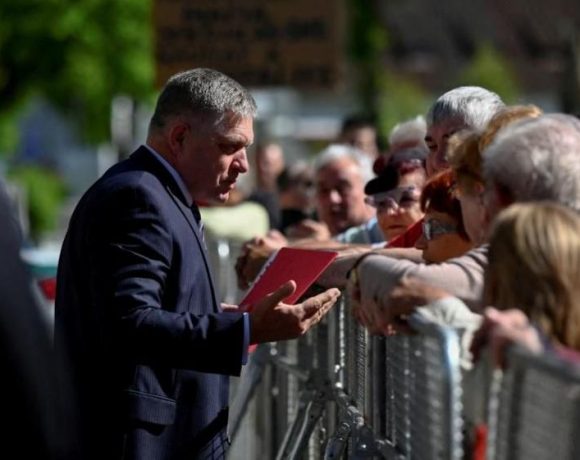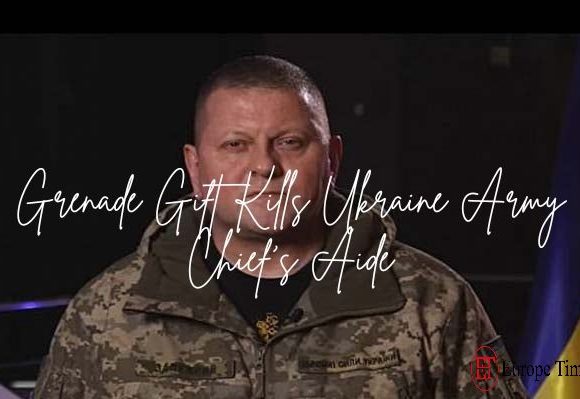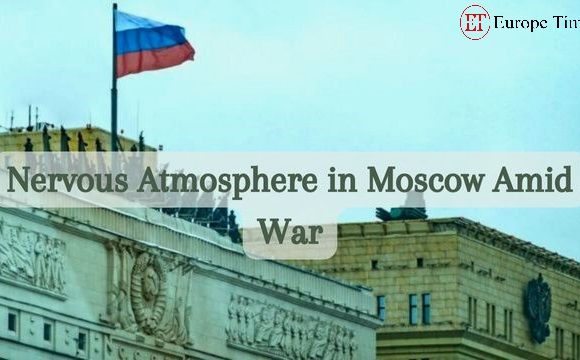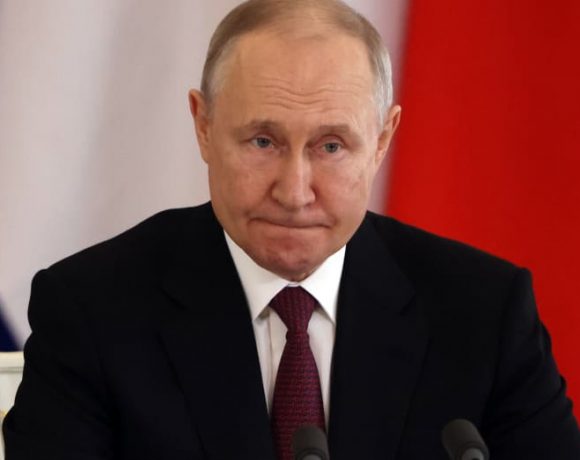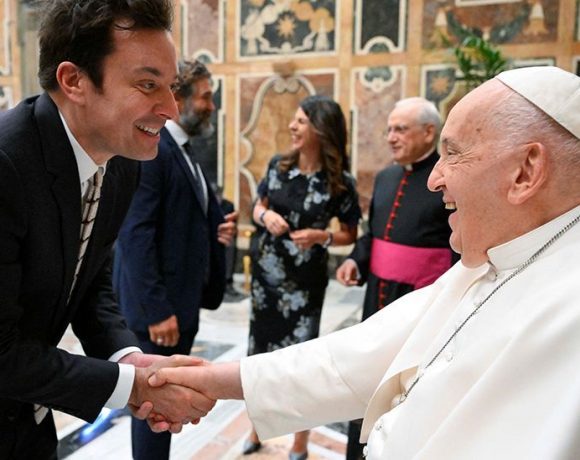
Pope Francis recently met with over 100 comedians from around the world, including notable figures like Jimmy Fallon, Chris Rock, and Whoopi Goldberg, at the Vatican in Rome. The Pope highlighted the unique ability of comedians to “spread serenity and smiles” in a world filled with “many social and personal emergencies.” He emphasized that laughter is contagious and unites people.
During the event, held just hours before the Pope’s expected arrival in Puglia for the G7 summit, he praised the comedians’ talent for making people laugh. He noted that it’s possible to joke about God without offending religious sentiments, stating, “You can also laugh at God, of course, and that’s not blasphemy.”
According to US media reports, Jimmy Fallon entertained the crowd before the event began but was quickly asked to sit as the Pope was about to enter. Other notable attendees included Chris Rock, Silvio Orlando from Italy, British comedian Stephen Merchant, Whoopi Goldberg, and Julia Louis-Dreyfus.
This cultural gathering marked a prelude to the Pope’s participation in the G7 summit, a first for the leader of the Catholic Church. At the summit, the 87-year-old pontiff plans to call for global regulation of AI, citing its potential threats to ethics and human rights.
In his address to the comedians, Pope Francis acknowledged the current global climate of conflict-laden communication and commended the comedians for their ability to bridge diverse realities. “How much we need to learn from you,” he remarked. After the audience, the Pope briefly interacted with each comedian, though some conversations were hampered by language barriers. Conan O’Brien humorously noted that his interaction was brief and in Italian, leaving him unsure of what was said but still enjoying the experience.
Picture Courtesy: Google/images are subject to copyright

